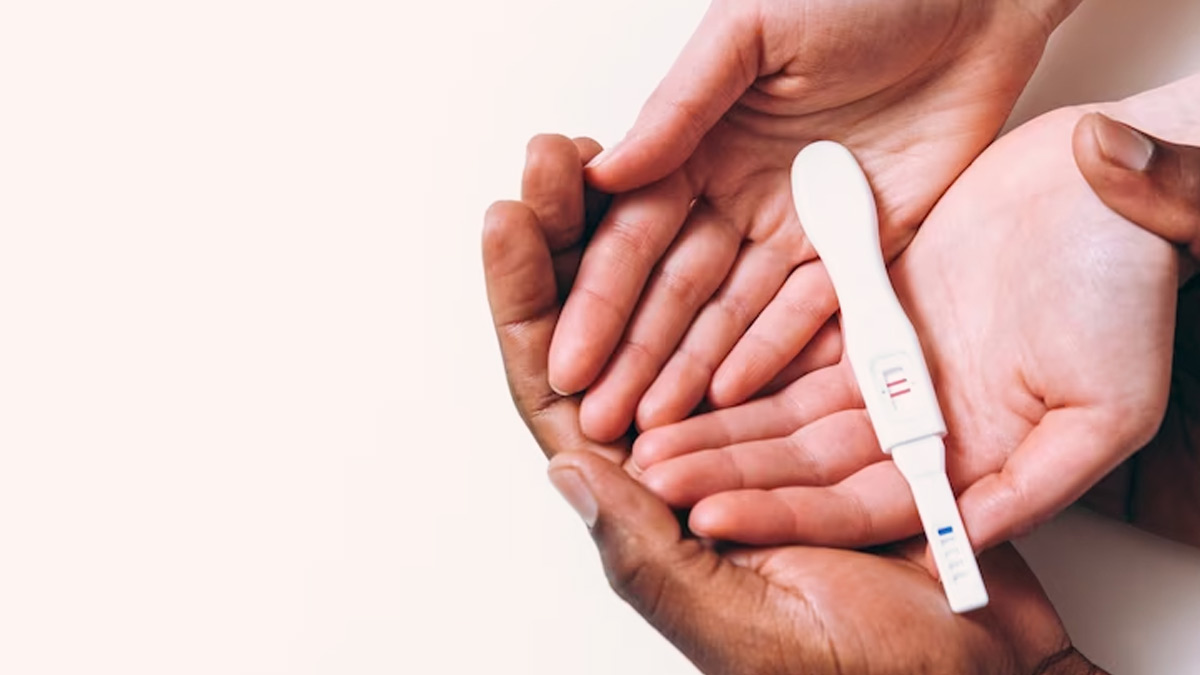
Fertility is an essential aspect of human life that contributes to the continuation of the species. It involves the ability to reproduce and have offspring. However, many factors can affect fertility, including lifestyle, age, and underlying medical conditions. Two of these conditions are diabetes and high blood pressure. In this article, we will explore the role of diabetes and blood pressure in fertility, and how they affect reproductive health.
Table of Content:-
Diabetes and Fertility
Diabetes is a chronic medical condition characterised by high levels of blood glucose. The two most common types of diabetes are type 1 and type 2. Type 1 diabetes is an autoimmune disorder that affects the pancreas, which is responsible for producing insulin. Type 2 diabetes is a metabolic disorder that occurs when the body becomes resistant to insulin or does not produce enough insulin.
Diabetes can affect fertility in both men and women. In men, diabetes can cause erectile dysfunction (ED), which is the inability to achieve or maintain an erection sufficient for sexual intercourse. ED occurs when the nerves and blood vessels that supply the penis are damaged due to high blood sugar levels. In addition, diabetes can also reduce sperm quality, which can affect male fertility.
In women, diabetes can cause irregular menstrual cycles, making it difficult to predict ovulation. It can also affect the health of the uterus and increase the risk of miscarriage. Women with diabetes are also more likely to have polycystic ovary syndrome (PCOS), a condition that affects the ovaries and can cause infertility.
Furthermore, diabetes can affect the health of the foetus during pregnancy. Women with diabetes are at higher risk of having a baby with birth defects, preterm labour, and gestational diabetes. Uncontrolled diabetes during pregnancy can also lead to high blood pressure, preeclampsia, and stillbirth.

Also read: 8 Tips To Reduce Nausea Symptoms
Blood Pressure and Fertility
High blood pressure, also known as hypertension, is a medical condition in which the blood pressure in the arteries is consistently elevated. High blood pressure can damage the blood vessels and organs, including the heart, kidneys, and brain. Hypertension is classified as either primary (essential) hypertension or secondary hypertension.
Hypertension can also affect fertility in both men and women. In men, hypertension can cause erectile dysfunction, which can lead to infertility. Hypertension can also affect sperm quality, reduce sperm count, and cause decreased semen volume.
In women, hypertension can affect ovulation, making it difficult to conceive. It can also cause problems with the uterus and increase the risk of miscarriage. Hypertension during pregnancy can also lead to complications, such as preeclampsia, preterm labour, and stillbirth.
Moreover, hypertension can affect the health of the foetus during pregnancy. It can lead to poor growth and development of the foetus, placental abruption, and stillbirth. Women with hypertension during pregnancy are also at higher risk of developing gestational diabetes.

Also read: 8 Tips To Reduce Nausea Symptoms
Managing Diabetes and Hypertension for Improved Fertility
Managing diabetes and hypertension can improve fertility outcomes in both men and women. In men with diabetes and hypertension, controlling blood sugar and blood pressure can improve erectile function and increase sperm quality. In women with diabetes and hypertension, controlling blood sugar and blood pressure can improve menstrual regularity and increase the chances of ovulation.
Furthermore, women with diabetes and hypertension should take steps to manage their conditions before and during pregnancy. They should work with their healthcare provider to develop a plan for controlling blood sugar and blood pressure levels during pregnancy. They should also receive regular prenatal care and follow a healthy diet and exercise plan.
Also watch this video
How we keep this article up to date:
We work with experts and keep a close eye on the latest in health and wellness. Whenever there is a new research or helpful information, we update our articles with accurate and useful advice.
Current Version